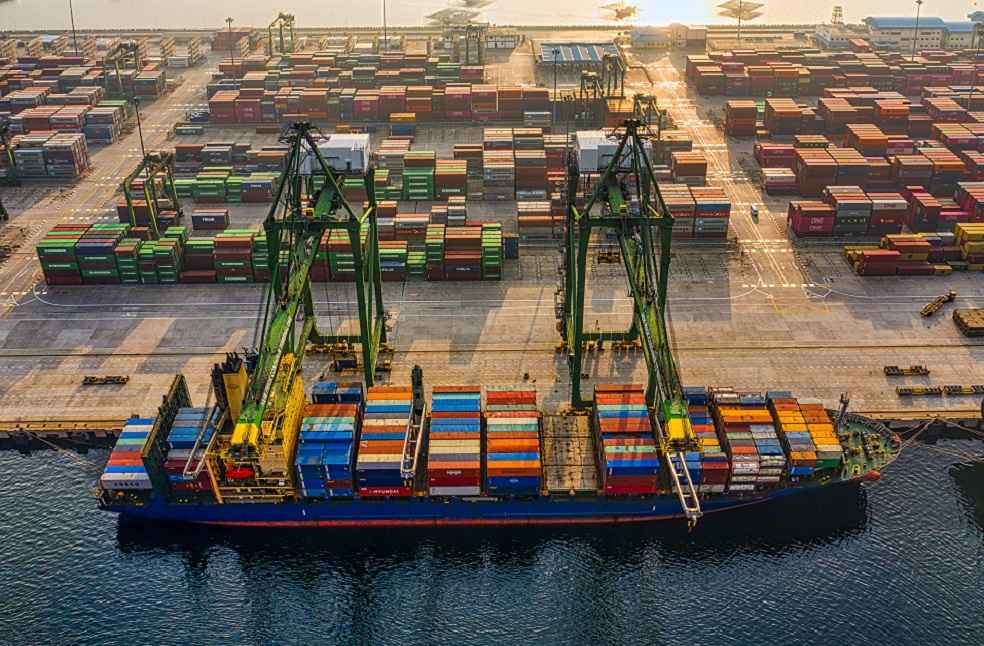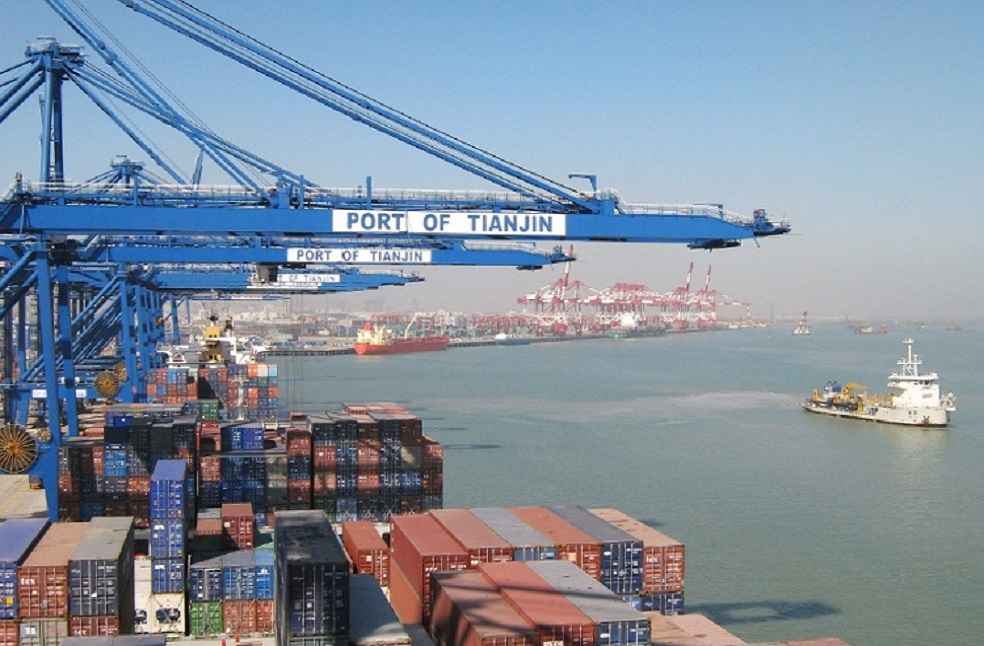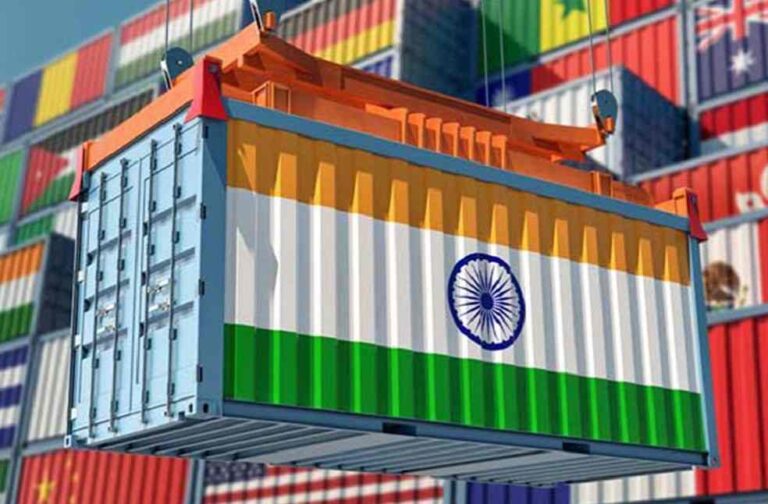The European Union’s recent Foreign Subsidies Regulation (FSR) might significantly challenge the Indian Export Market, warns a report from the Global Trade Research Initiative (GTRI). The think tank predicts an adverse impact on vital sectors such as smartphones and IT-related services, following the FSR’s activation on July 12.
The FSR, which took effect on July 12, covers financial contributions made by non-EU governments to companies that operate within or export to the EU market. This regulation includes state-funded research and development, tax incentives, direct grants, low-interest or interest-free loans, and the provision of goods or services at below-market prices. However, the FSR does not cover contributions from international organizations such as the IMF or World Bank.
Negotiations are currently underway for a Free Trade Agreement (FTA) between India and the EU to raise the stakes for India. Despite, GTRI advising negotiators to resist any FTA text that would obstruct India from retaliating against the FSR.

Last fiscal year, India recorded exports exceeding $74.8 billion to EU nations, a portfolio spanning diesel, aviation turbine fuel, apparel, smartphones, cut and polished diamonds, aluminum ingots, and medicines.
Foreseeing potential challenges under the FSR, Ajay Srivastava, GTRI co-founder, alerted exporters to the prospect of investigations by the EU Commission into products that received benefits like the Production Linked Incentive (PLI) scheme or Faster Adoption and Manufacturing of Electric Vehicles (FAME) in India.
Particularly at risk are smartphones and other IT-related exports, according to Srivastava, who also pointed to potential issues for services exports and India’s participation in EU public procurement. If a ruling determines PLI contravenes WTO (World Trade Organization) rules, sanctions or fines might be imposed.

The GTRI report advises Indian businesses to disclose any subsidies received and keep the EU informed, also prompting the government to gear up for a drawn-out confrontation at the WTO.
The report further highlighted, “FSR shows that EUs hypocrisy knows no limits. While distributing an annual $50 billion subsidy to farmers and over $100 billion-plus annual subsidies on clean energy transition, EU empowers itself to investigate subsidies given by other countries.”
The GTRI also asserts that the FSR contravenes the WTO mandate, which expressly forbids countries from scrutinizing subsidies from other nations, suggesting that this move undermines the WTO’s integrity.

Companies should prepare to submit notifications of foreign subsidy-involved transactions to the EU Commission starting October 12, 2023. Detailed FSR application guidelines are due for publication by the commission on December 31, 2023, followed by an annual report on the regulation’s deployment, expected June 30, 2024.
LATEST NEWS | Transmar Ignites Egypt-Yemen Trade with Innovative Reefer Service



